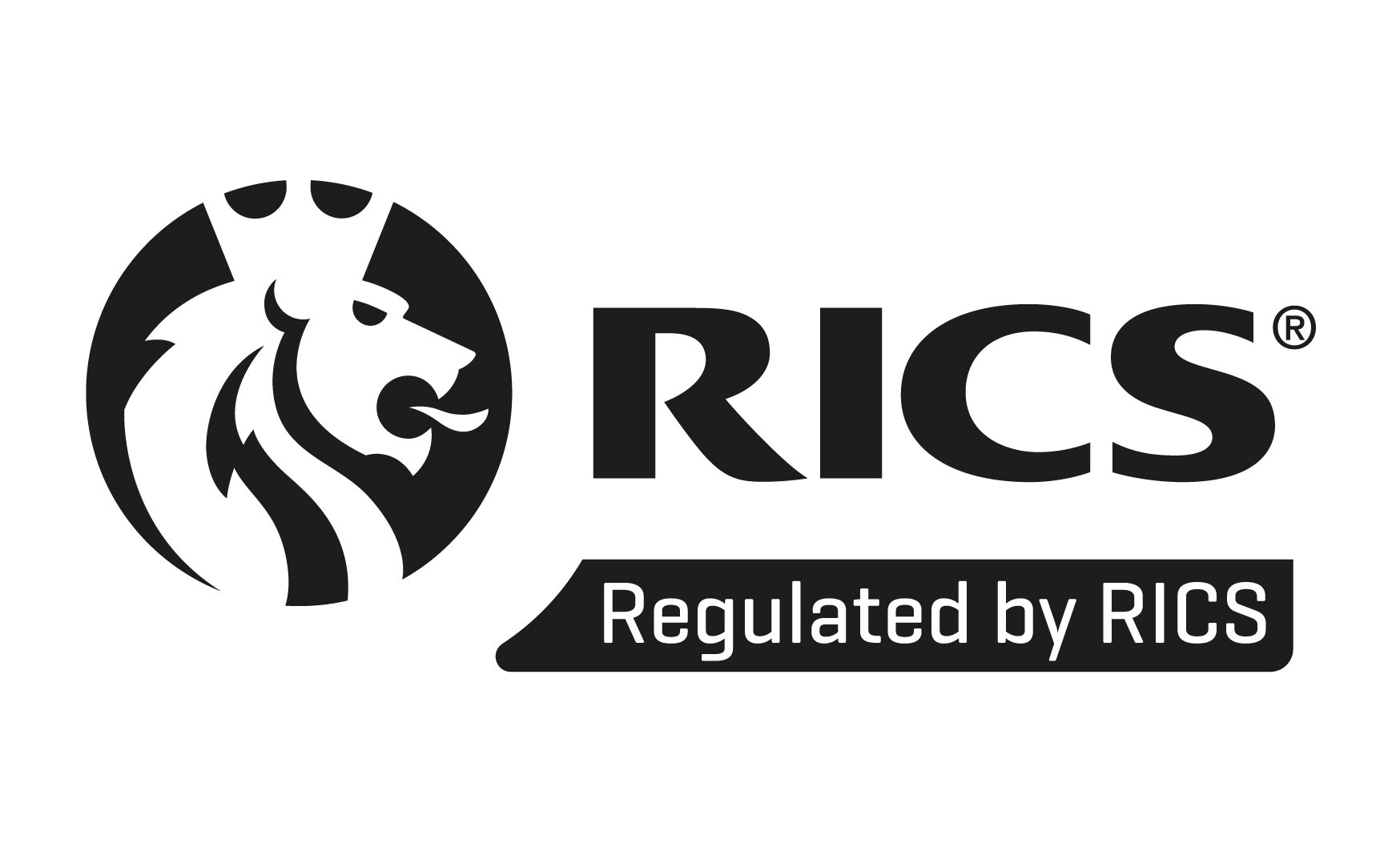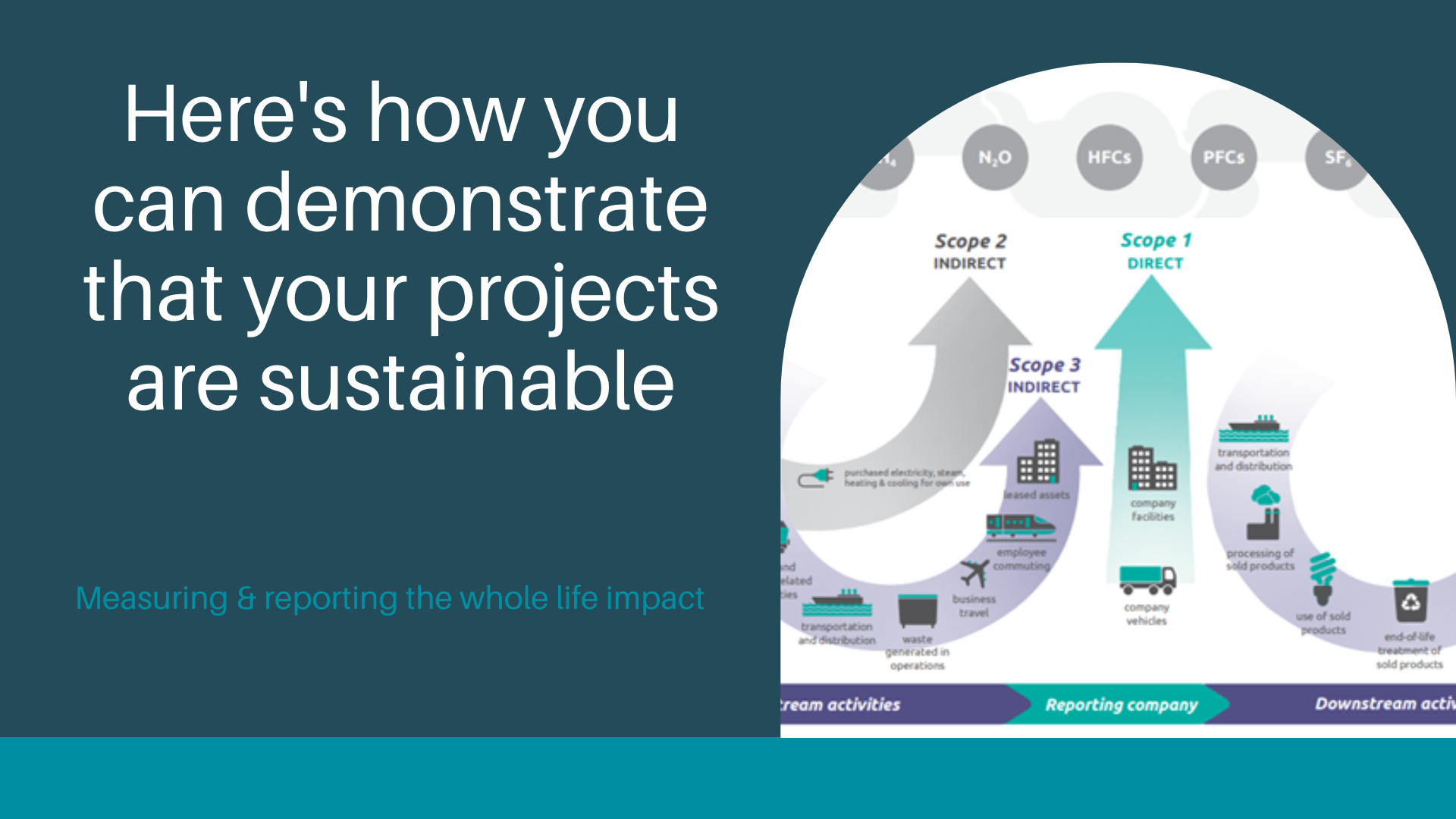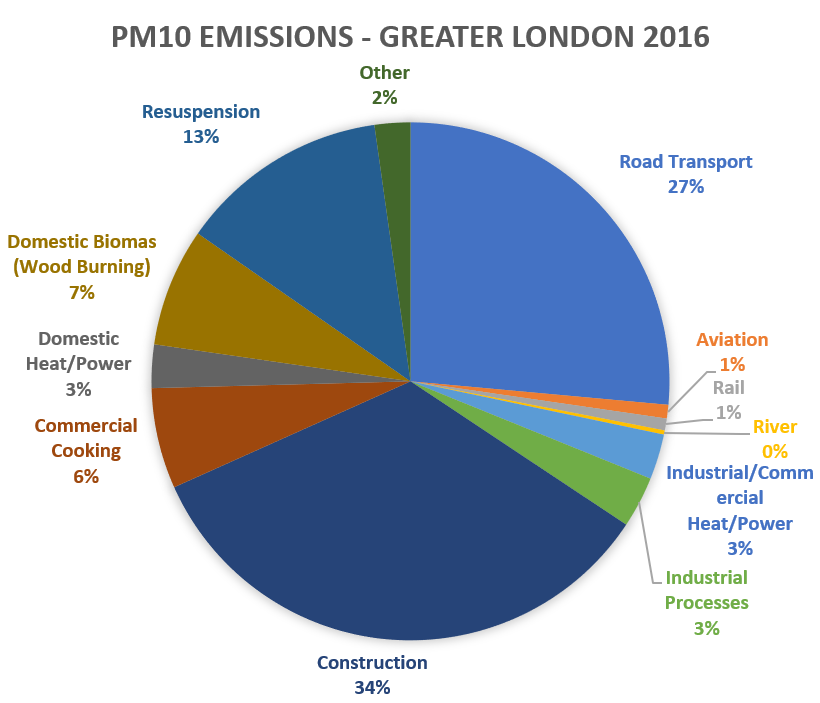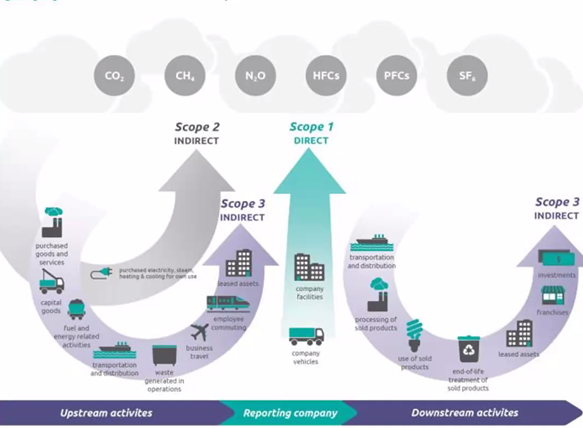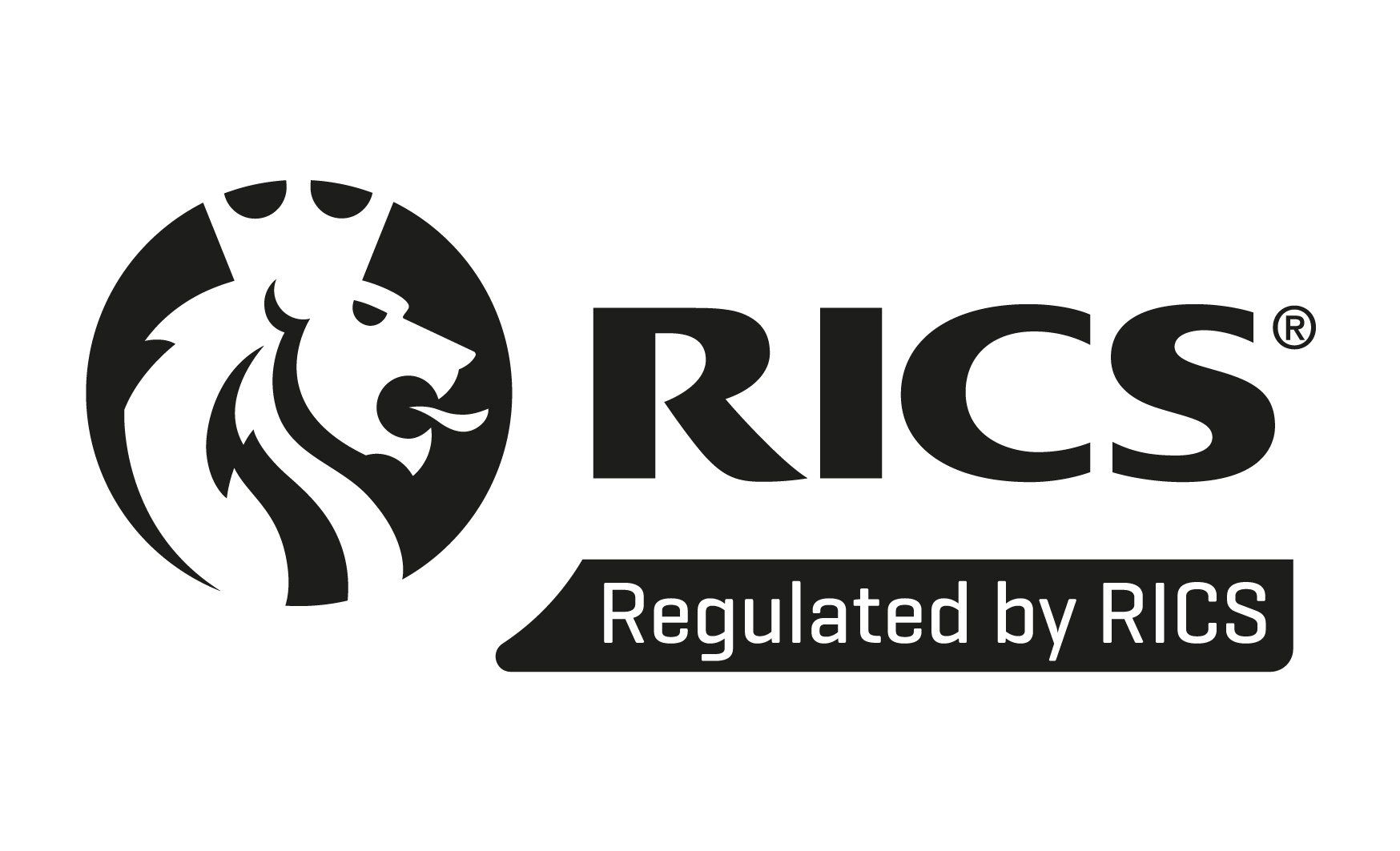Ethical & Social Considerations in Sustainability
Ethical and Social Considerations in Sustainability
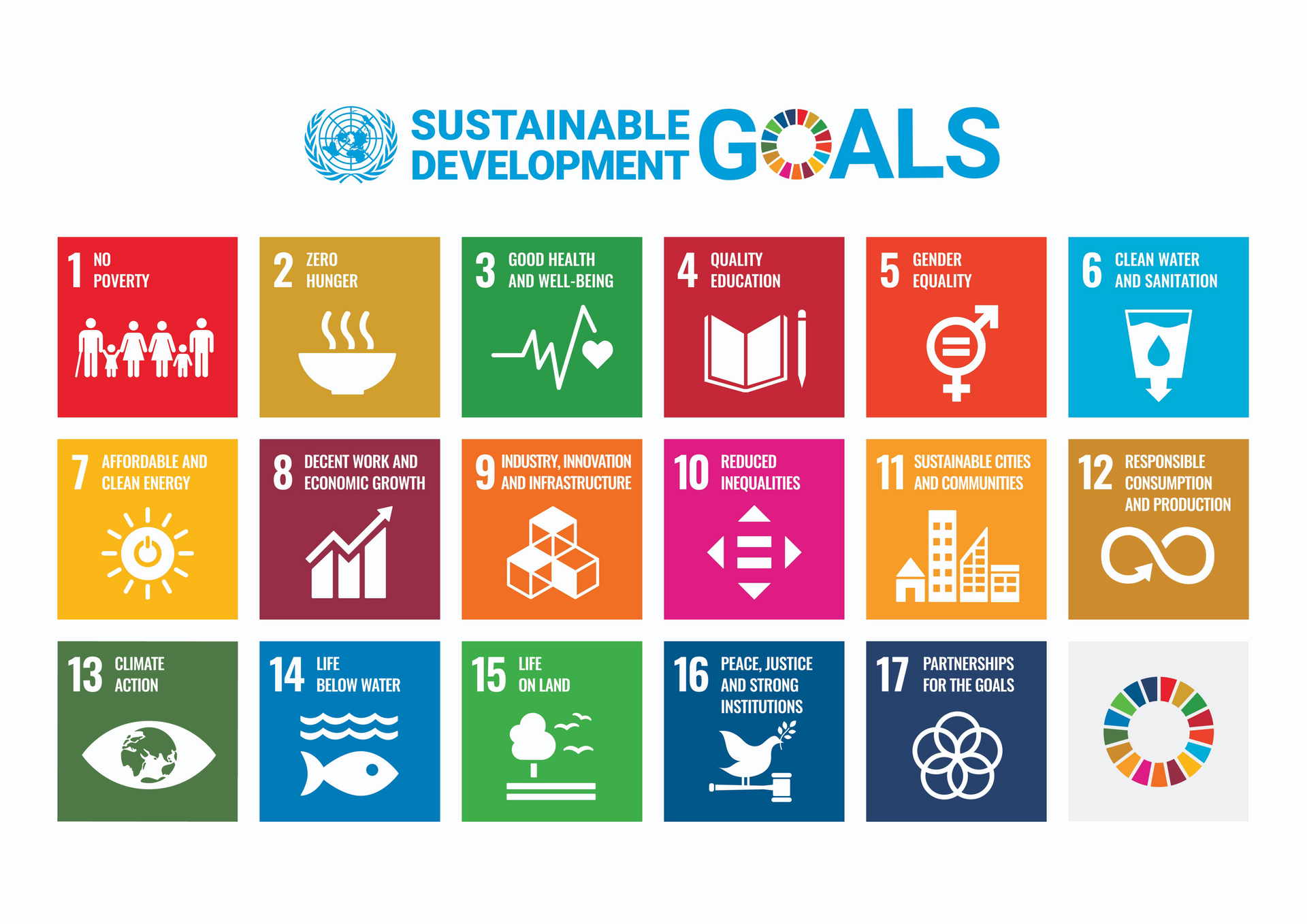
Whilst a lot of focus is currently on the pressing matter of reducing the impact on climate change, and in particular the reduction of carbon emissions, this only makes up a small part of the wider topic of sustainability.
Sustainability also encompasses many other aspects of the environment as well as touching on the topics of ethical procurement and beneficial impacts on people.
Business and commerce have a profound impact on all of these topics, which can be summarised under a series of headings including:
- human rights,
- environmental sustainability and
- economic (inclusive of bribery / corruption)
All of these topics ought to be factored in to an effective, ethical and sustainable approach to doing business, and hence, the way that we choose to contract with supply chains.
Understand the Make-Up of Your Supply Chain
Supply chains typically comprise of many tiers. These tiers or levels quite often spread throughout the world, and often in geographies that we might never have expected. Often, the raw materials that go into what we procure can originate in developing nations, and the labour involved at various stages of the sometimes lengthy supply process can be located all over the world.
The result is that a considerable part our supply chains is often out of sight and out of mind, including in countries which quite possibly don’t have the same levels of welfare, protection and rules of law as we come to expect.
Where we are seeking to establishing new supply chains and relationships for new industries or emerging technologies, we have an opportunity (and some might say an imperative) to do things in a positive way and ensure the 3 broad tenets of sustainability.
Sustainable Development Goals
"The Sustainable Development Goals (SDGs) were adopted by the United Nations in 2015 as a universal call to action to end poverty, protect the planet, and ensure that by 2030 all people enjoy peace and prosperity.
The 17 SDGs are integrated—they recognize that action in one area will affect outcomes in others, and that development must balance social, economic and environmental sustainability."
Some of these goals will be more or less relevant to your specific line of business and supply chain reach, but all are worth understanding.
Many of the worlds emerging key raw materials (for example those required by low-carbon technology) come from areas which are specifically targeted by the goals.
Goals 1-5 generally deal with quality of life, including:
- 1 Poverty; with specific reference to things sourced from south Asia and sub-Saharan Africa.
- 2 Hunger; environmental degradation, drought and food insecurity is common in Africa and South America.
- 3 Health; life expectancy, a lack of healthcare, inadequate social protections, deaths due to pollution all occur in many countries.
- 4 Education; challenges exist in western Asia and north Africa, central and sub-Saharan Africa - not all children are attending school.
- 5 Gender equality; violence and pay equality are common issues in many geographies.
Goals 6-7 are concerned with access to water & energy:
- 6 Water & sanitation; water stress, drought (for example as widely occurred in 2022), water pollution, flooding.
- 7 Accessible and affordable energy; are renewables accessible? Whilst energy is the biggest contributor to climate change globally, many of the poorest people do not have adequate access to energy.
Goals 8-10 are about the benefits of work, economy and infrastructure:
- 8 Decent work and growth; Issues such as high unemployment, forced labour, trafficking, modern day slavery. Even in the UK (and especially in some sectors) these issues exist. Over 700million people still earn less than $3 / day.
- 9 Infrastructure; Access to the internet, electricity, sanitation, efficiency and suitability are all issues. Do the people providing raw materials from Africa enjoy the benefits that their raw materials deliver to us in the developed world in terms of the low carbon economy?
- 10 Inequality; Whilst income inequality is low in Europe it is high in many places, for example the middle east.
Goals 11-13 focus on cities, consumption and climate:
- 11 Sustainable cities and communities; Urbanisation continues apace, but is there safe housing, suitable build standards, sustainable transport, slum dwelling, high energy use?
- 12 Consumption; Water use, pollution, lack of recycling. There is the paradigm of food shortages in the developing world versus obesity in the developed world. There is likely to be an increased emphasis on the impact of food availability on local populations in the future.
- 13 Climate; We’re all well aware of global warming, natural disasters, the push to net zero by 2050, and the need to limit climate change to 1.5 degrees.
Goals 14-15 are about biodiversity and nature:
- 14 Oceans; are affected by over-fishing, acidification, reliance on the ecosystem.
- 15 Forestry; biodiversity loss over the past half century has been profound, often directly caused by our insatiable appetite for sources of food and timber which can lead to desertification.
Goal 16 is about justice and goal 17 about working together to achieve the goals:
- 16 Peace, stability, human rights, governance, crime, bribery, theft are challenges in some geographies.
- 17 North-south and south-south cooperation and trade can encourage the flow of capital, ideas, technology and lead to localised capacity building, to benefit their futures.
Good examples of action
Whilst the above list of goals can feel overwhelming, increasingly industrial companies are setting clear plans to address their impact on the SDGs through their day to day dealings. For example a number of larger construction companies include the impact on the SDGs in their sustainability plans.
Publicly available industry standards are also available in the UK (and other countries) for the sourcing of both labour and materials.
Access to good practice
A considered approach to your sourcing strategy is needed to adequately address the factors mentioned here.
There are various sources of information to inform your choices.
Inevitably, in a globalised economy somewhere in your supply chain there will be an interaction with or potential for economic contact with the issues that the SDGs strive to address.
A clear approach to procurement policy, supplier codes of practice, ethical procurement policies, the use of professional expertise, awareness training and careful project and procurement governance can go a long way to ensuring that these issues are both anticipated and dealt with in a transparent and productive way.
Please contact us for more information about how sustainable and ethical issues can be addressed in your organisations supply chains.

